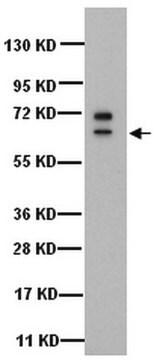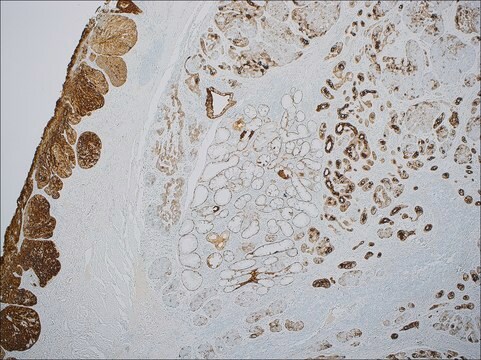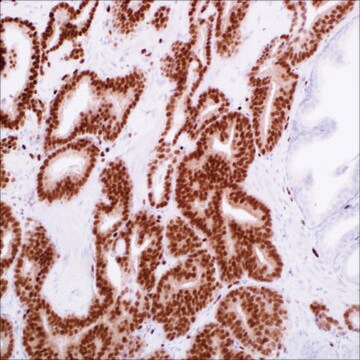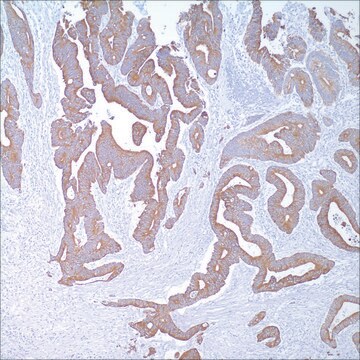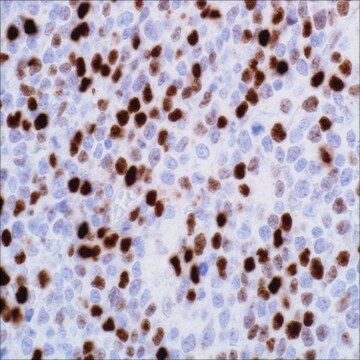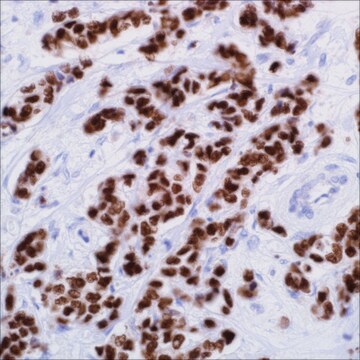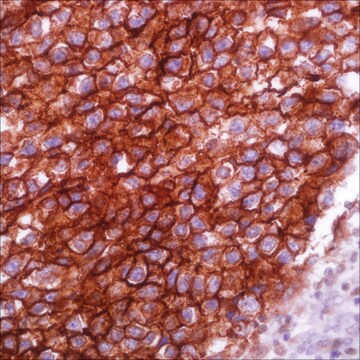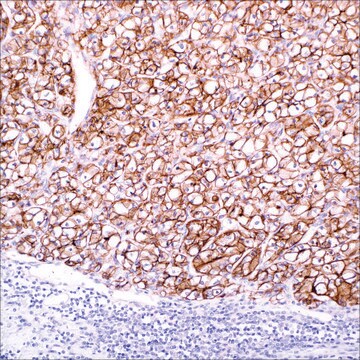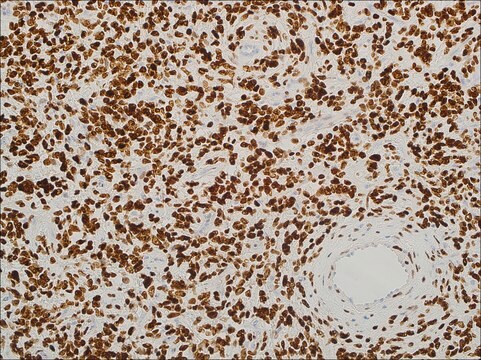推荐产品
生物源
mouse
品質等級
100
500
共軛
unconjugated
抗體表格
culture supernatant
抗體產品種類
primary antibodies
無性繁殖
D5 & 16B4, monoclonal
描述
For In Vitro Diagnostic Use in Select Regions (See Chart)
形狀
buffered aqueous solution
物種活性
human
包裝
vial of 0.1 mL concentrate (356M-14)
vial of 0.5 mL concentrate (356M-15)
bottle of 1.0 mL predilute (356M-17)
vial of 1.0 mL concentrate (356M-16)
bottle of 7.0 mL predilute (356M-18)
製造商/商標名
Cell Marque™
技術
immunohistochemistry (formalin-fixed, paraffin-embedded sections): 1:50-1:200
同型
IgG1
控制
mesothelioma
運輸包裝
wet ice
儲存溫度
2-8°C
視覺化
cytoplasmic
基因資訊
human ... KRT5(3852)
一般說明
品質
 IVD |  IVD |  IVD |  RUO |
聯結
外觀
準備報告
其他說明
法律資訊
未找到合适的产品?
试试我们的产品选型工具.
历史批次信息供参考:
分析证书(COA)
相关内容
Diagnostic immunohistochemistry overview highlights its importance in cancer diagnosis and detecting infectious diseases in modern clinical pathology.
A brief overview on diagnostic immunohistochemistry (IHC) and its importance in modern clinical pathology. Learn more about IHC and its role in cancer diagnosis and the detection of infectious diseases.
我们的科学家团队拥有各种研究领域经验,包括生命科学、材料科学、化学合成、色谱、分析及许多其他领域.
联系技术服务部门